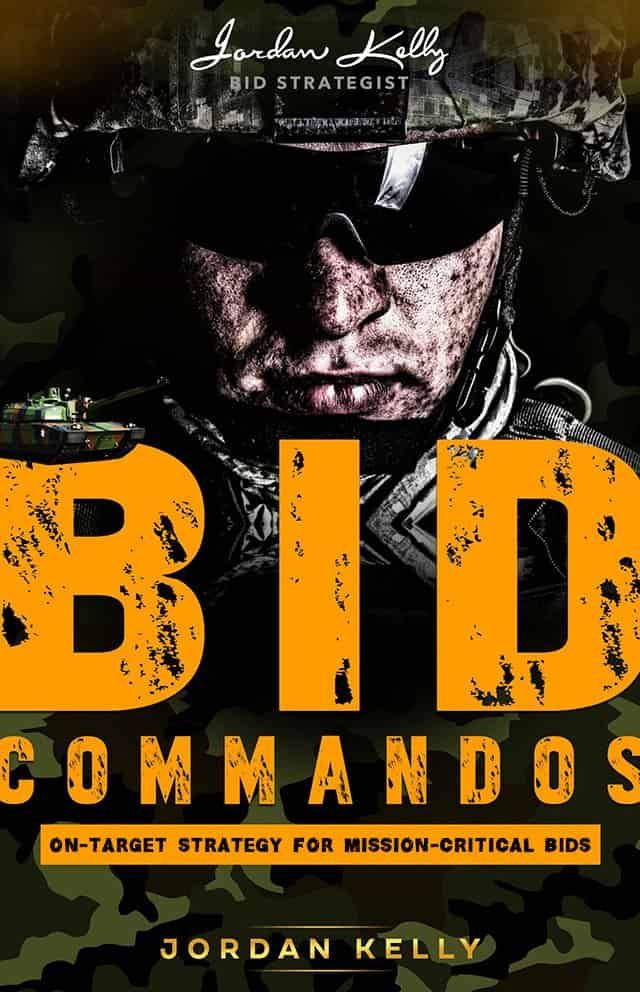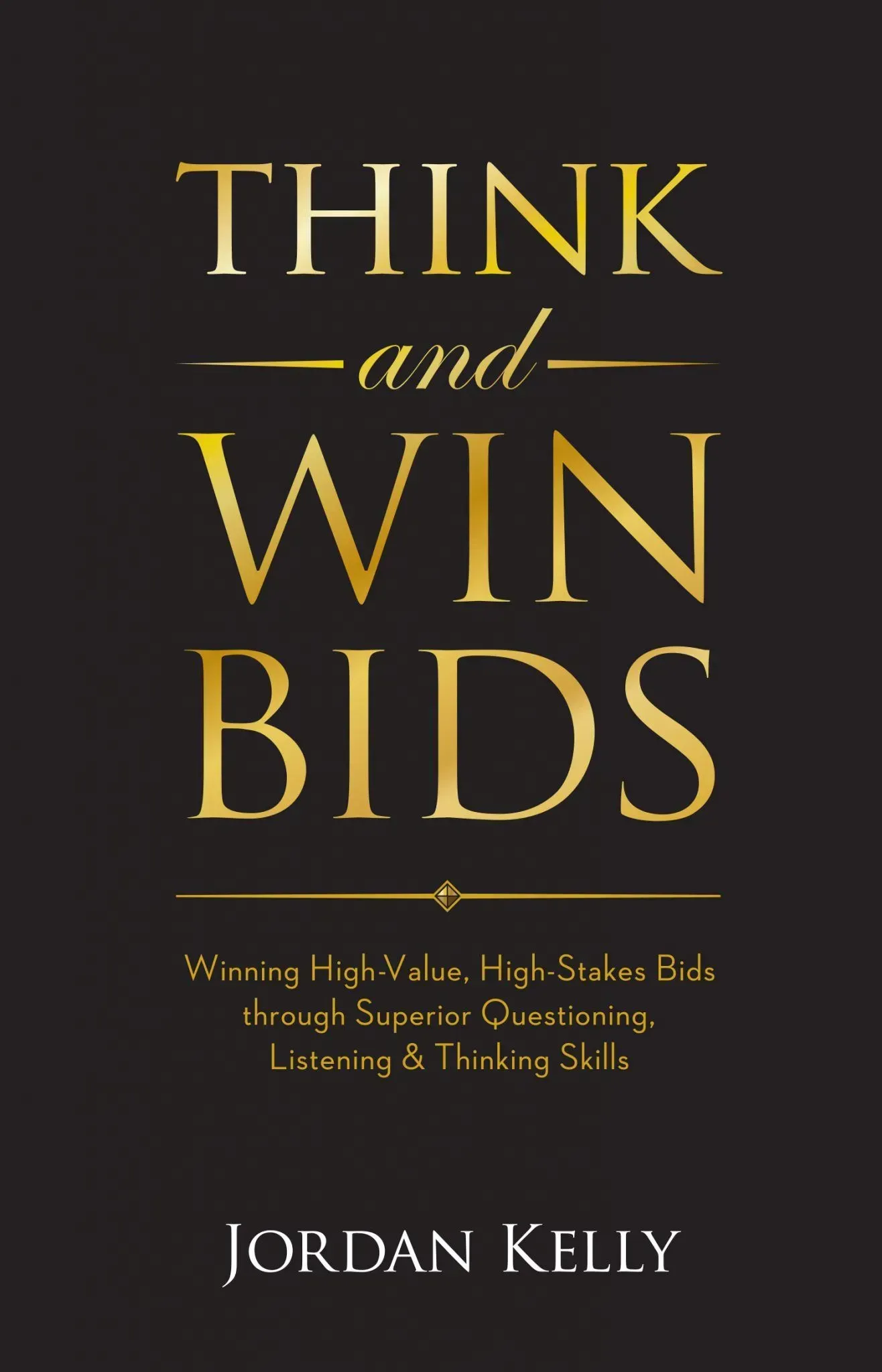CATEGORIES:

When it comes to business development conversations, as counter-intuitive as it is, "humble" is a winning strategy.
The importance of being humble in winning high-value bids – and in any aspect of new-business pursuits – has been my hobby horse for the nearly two decades I’ve been specialising in this field.
Why is being humble so hard to do, and why is it such a winning philosophy in discussions with prospective customers and clients?
Let me count the ways . . . (I’ve only got room for two, but I could write a whole book on it – and I have).
Firstly, while you’re busy trying to convince the client or customer of the “smarts” of your service or your product, your customer is doing one of two things:
He’s either trying to determine the relevance of those smarts to achieving his goals or the likelihood of them providing the solution he needs / might need . . . or he’s not.
You don’t know which he’s doing unless you’re really listening. Ideally, in fact, you should be helping him make the connection . . . but that takes an even deeper level of listening.
And that’s where humility comes into its own as a pre-bid engagement strategy. To exercise humility is to listen.
The old “two ears, one mouth” equation.
If you make it your Golden Rule to listen first, speak second, you’ll be on the path to uncovering critical information / underlying intelligence that will help you deepen the alignment between the customer’s/client’s needs, desires, concerns and priorities, and your product or service.
Cut the listening process short and, in direct proportion, you are cutting short your supply of “inside” information on how your offering is, or can be tailored to be, the best possible solution for your customer or client . . . which is the most direct and cost-effective way to solve his or her organisation’s problem or to realise that organisation’s goals.
Sales 101? Think Again.
This sounds incredibly basic, yes? Sales 101, right?
Then why is it that, when I speak with Business Development operatives to gather information to assist the development of bid strategy, nine times out of ten I come up empty-handed in terms of anything really deep and meaningful . . . any news I can use?
Why do I end up conducting impromptu, delicate, coaching moments with BDs to demonstrate how to get this information? To alert them to the sort of information they should have listened for in the first place, let alone what they should have proactively dug out?
Secondly, there is an enduring belief that “sales” and “business development” are all about “getting our message across”.
Consequently, most business development operatives spend more of their pre-meeting preparation time planning what they are going to say, rather than formulating a strategic questioning outline to obtain the answers they need.
And of the too-small proportion of BDs who do have the foresight to invest (what I would consider) a decent amount of time and forethought into the pre-engagement planning of questions, most stop after obtaining what are often only superficial answers to those questions . . . before succumbing to the temptation to pick up on an element of those answers and dive in with a sales pitch.
What’s the Hurry?
Are they concerned this might be their one and only – or their last – meeting with the client organisation’s representatives before probity kicks in?
Then they should start their market-scanning, prospect research, and pre-bid engagement processes earlier!
Here’s the bottom line:
If you’re providing genuine value in those conversations, you’ll be invited back. And the best way to provide value is to ask well-researched, quality questions, listen carefully to the answers, and then ask further quality questions.
Do that – and do it well – and the client will know they’re in the presence of someone who’s more likely to provide value, than someone who came in and banged on about the brilliance of their company and its product or service.
Asking quality questions, listening carefully to the answers, and knowing what to do next with the resultant information is the No. 1 skill that wins bids.
THINK AND WIN BIDS
Winning High-Value, High-Stakes Bids through Superior Questioning, Listening & Thinking Skills
(Book)
The three fundamental skills of a successful bid leader and strategist are the ability to think, to listen and to ask quality questions.
So much the better if all members of a bid team understand the role of those fundamentals in formulating a successful bid.
Available both individually and as a six-pack (6 books for the price of 5), Think and Win Bids is ideal to ensure everyone is "on the same page".
BID COMMANDOS
On-Target Strategy for Mission-Critical Bids

(Training Program)
BID COMMANDOS is my "blockbuster", comprehensive, 11-module training program.
It's intricately formulated to ensure your team excels at every stage of a formal bidding process . . . from the initial bid/no bid analysis, through research and intelligence-gathering, through the strategy development and documentation process, through strategic and compelling writing and competent editing, and on through the shortlistee presentation stage, right through to optimisation of client de-briefing session/s.



